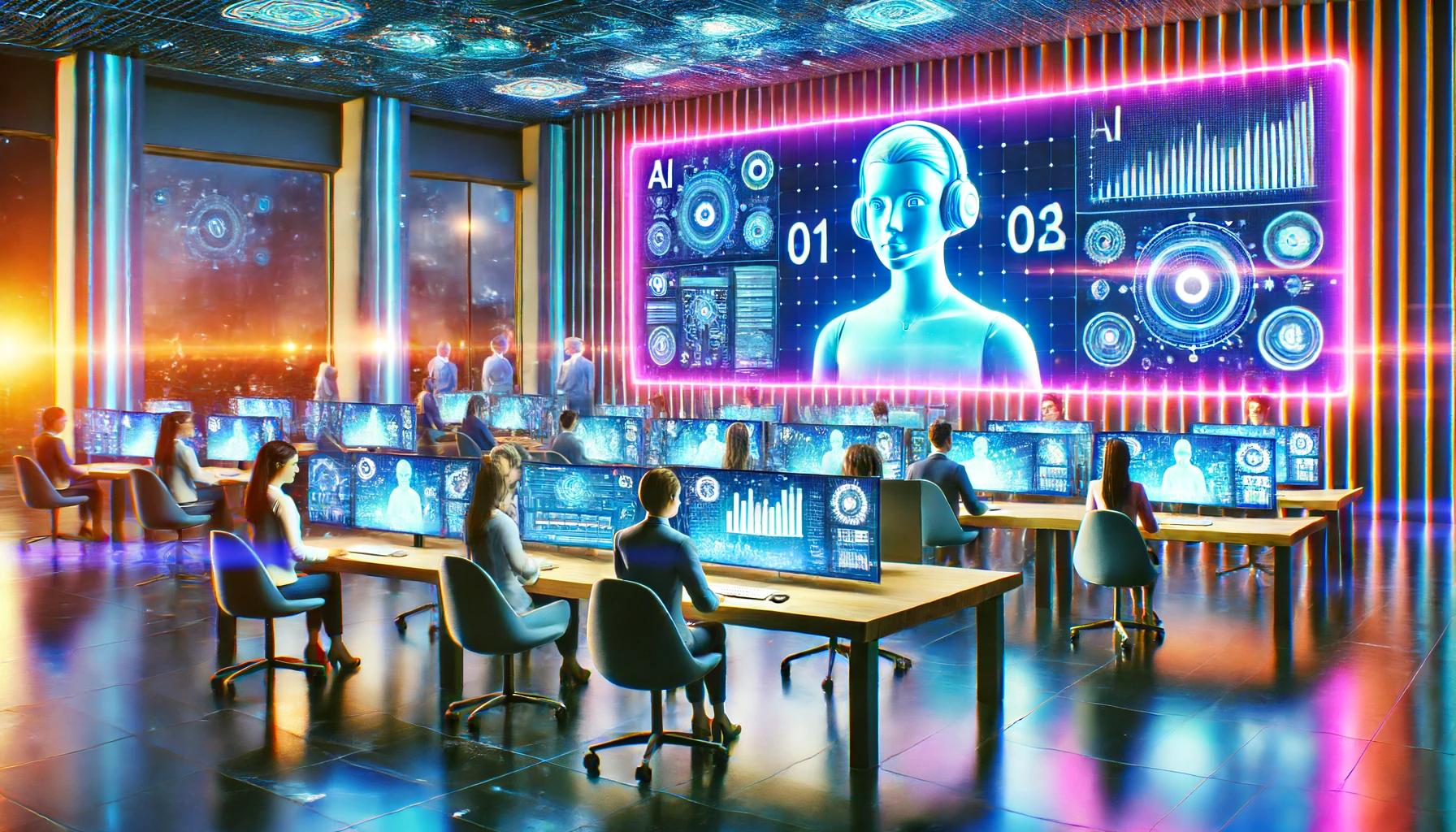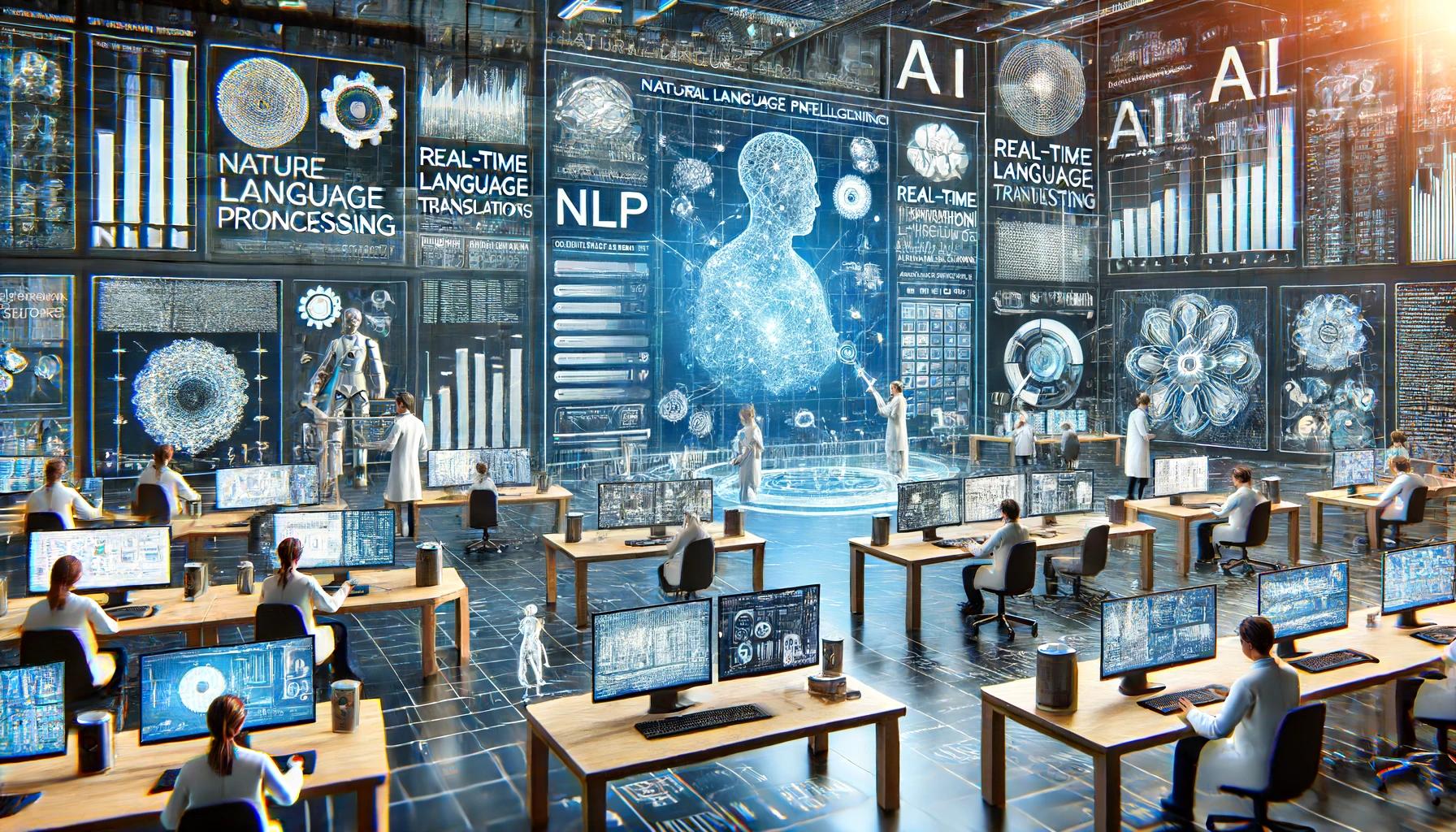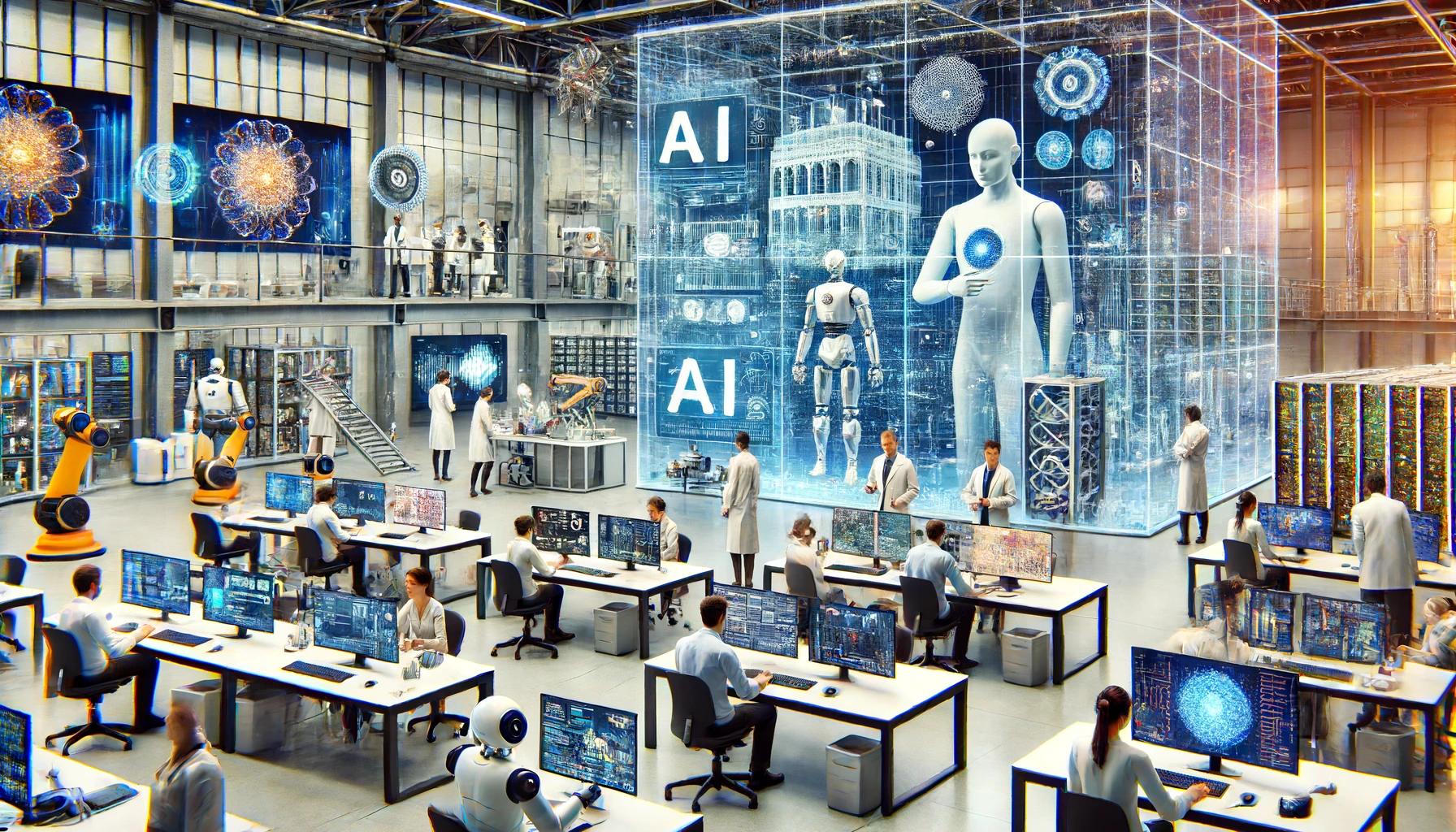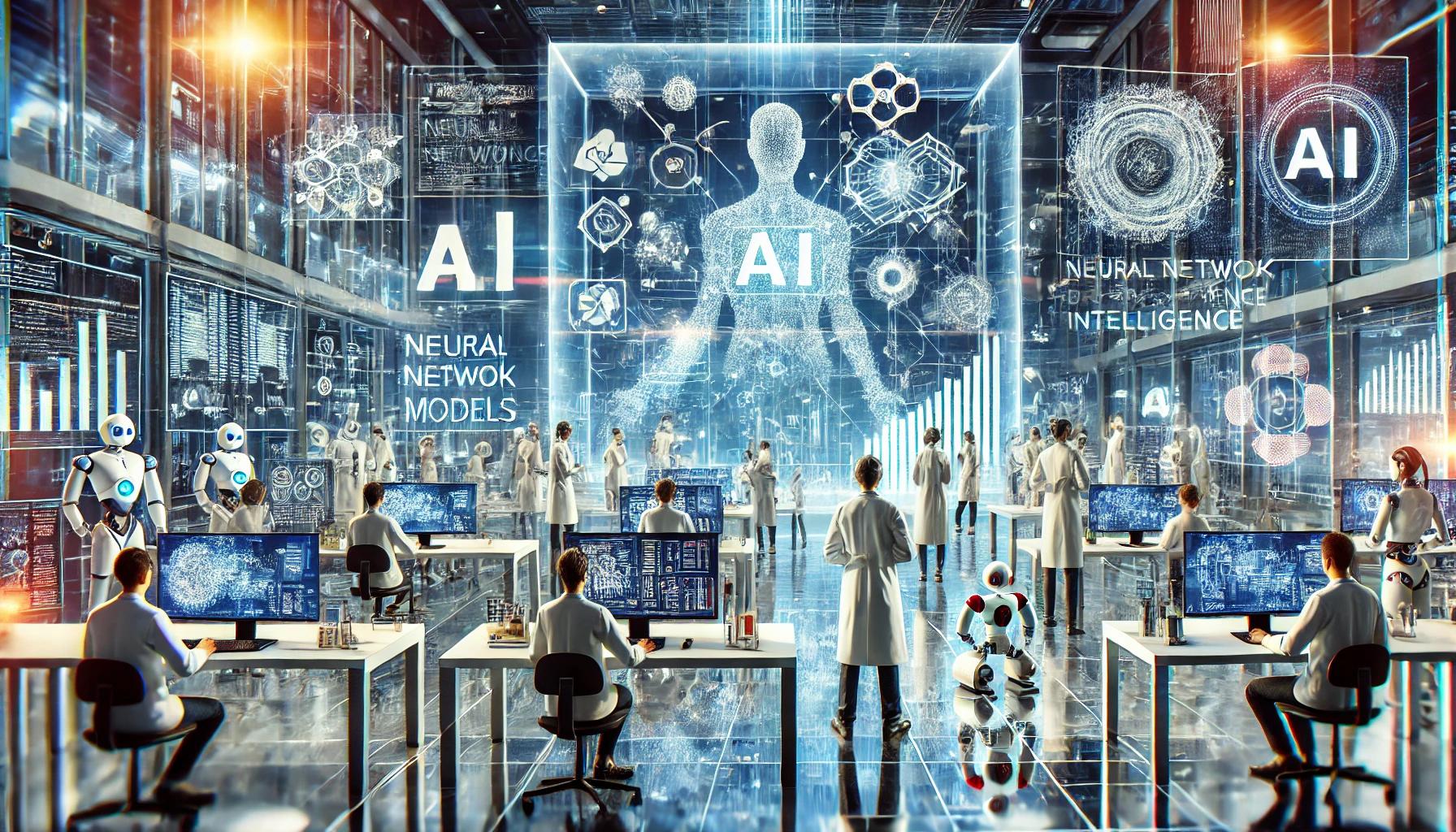Artificial Intelligence (AI) has significantly transformed customer service across various industries, offering more efficient, personalized, and seamless experiences for customers. This technology integrates machine learning, natural language processing (NLP), and data analytics to improve customer interactions, streamline processes, and enhance overall service quality.
Enhancing Customer Experience
AI-powered chatbots and virtual assistants are among the most prominent applications in customer service. These tools provide immediate responses to customer inquiries, handling routine tasks such as answering FAQs, booking appointments, and processing orders. For instance, AI-driven chatbots can analyze customer queries and provide accurate responses, reducing wait times and improving satisfaction.
Personalization and Proactive Support
AI enables businesses to offer personalized customer experiences by analyzing customer data and predicting their needs. Machine learning algorithms can track customer behavior and preferences, allowing companies to tailor their services and products accordingly. For example, AI can recommend products based on previous purchases or browsing history, enhancing the customer’s journey.
Moreover, AI can proactively identify potential issues before they escalate. By monitoring customer interactions and feedback, AI systems can detect patterns indicating dissatisfaction or problems, enabling businesses to address these issues promptly and prevent churn.
Streamlining Operations
AI automates various customer service processes, leading to increased efficiency and reduced operational costs. Robotic Process Automation (RPA) can handle repetitive tasks such as data entry, order processing, and billing, freeing up human agents to focus on more complex and value-added activities.
Additionally, AI-powered analytics provide insights into customer interactions, helping businesses optimize their operations. By analyzing call center data, for example, AI can identify common issues and training opportunities for agents, leading to improved performance and customer satisfaction.
Future Trends in AI-Driven Customer Service
The future of AI in customer service looks promising, with ongoing advancements in technology. One emerging trend is the integration of AI with the Internet of Things (IoT). This combination allows for real-time monitoring and support, as IoT devices can gather data and trigger AI-driven responses to customer needs.
Another significant trend is the development of more sophisticated NLP capabilities. As AI systems become better at understanding and interpreting human language, they will be able to handle more complex customer interactions, providing more accurate and contextually relevant responses.
Conclusion
AI is revolutionizing customer service by enhancing customer experiences, personalizing interactions, streamlining operations, and anticipating customer needs. As technology continues to evolve, AI’s role in customer service will only expand, offering even more innovative solutions to improve customer satisfaction and business efficiency.




